Kiwi
Kiwi is an unexpectedly good source of vitamin C, packing more per 100g than oranges and lemons. It is rich in antioxidants believed to help lungs function properly making it possible source for asthma treatment. Kiwi is full of fiber and improves digestion. Another compound that helps with digestion is enzyme actinidin, enhancing breaking down of the proteins. Kiwi is great as immunity booster, can lower blood pressure and improve eye and skin health. Some antioxidants and serotonin found in it can help with insomnia and sleep disorders.
